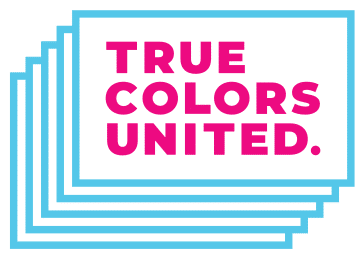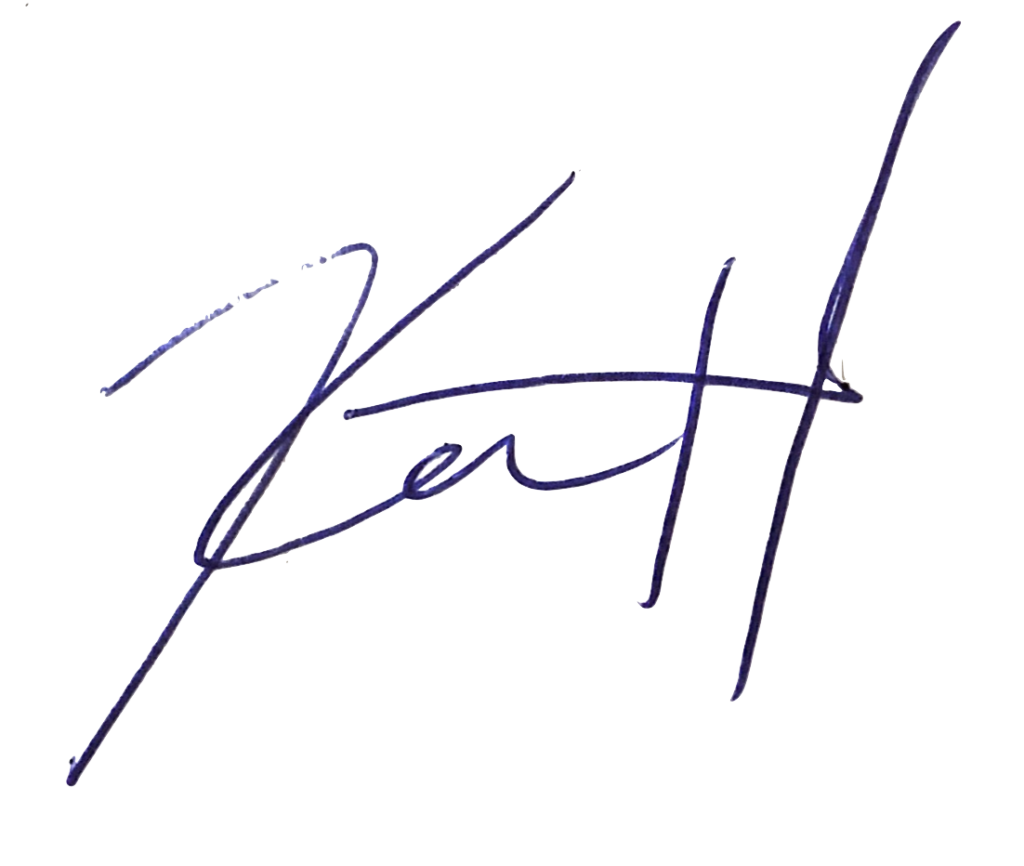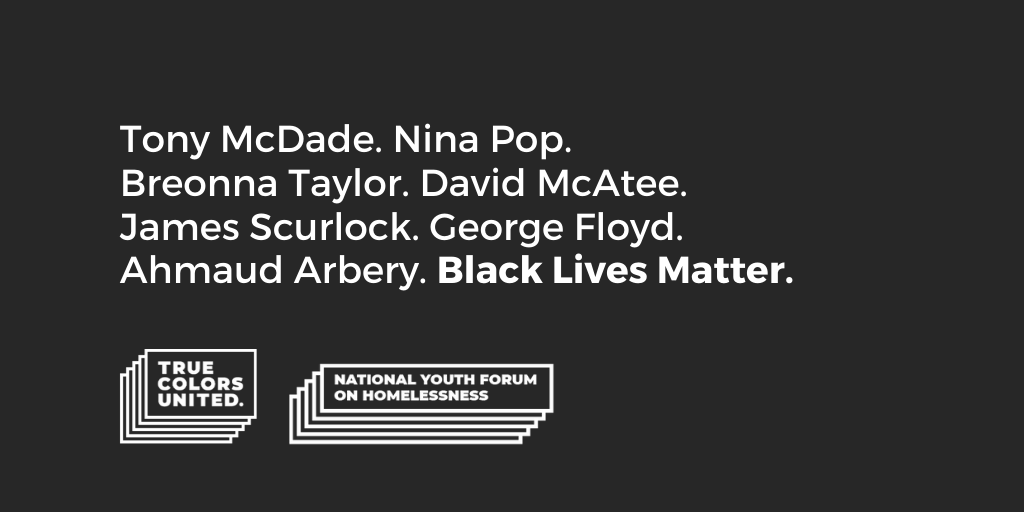
It is our duty to fight for our freedom.
It is our duty to win.
We must love each other and support each other.
We have nothing to lose but our chains.
― Assata Shakur
The following is a statement from the staff of True Colors United and the membership of the National Youth Forum on Homelessness.
Each of us, many of whom are Black, has been profoundly affected by recent events, including the police killings of Tony McDade (Tallahassee, FL), Breonna Taylor (Louisville, KY), David McAtee (Louisville, KY), and George Floyd (Minneapolis, MN), the murders of Ahmaud Arbery (Brunswick, GA) and James Scurlock (Omaha, NE) by white racists, the murder of Nina Pop (Sikeston, MO), a black transgender woman whose death is being investigated as a hate crime, and the brutal attack of Iyanna Dior, a black transgender woman (Minneapolis. MN). On top of all of this, we’re now bearing witness to the violent weaponization of the police against people demonstrating their right to protest. Young people experiencing homelessness, who are disproportionately LGBTQ and youth of color, are among those who regularly experience this violence at the hands of the police. We cannot stay silent. True Colors United denounces anti-Blackness, white supremacy, and state violence in the LGBTQ and homelessness movements, and in society as a whole. Black lives matter.
We know that white supremacy is a disease that has been woven into the fabric of this country.
Anti-Blackness afflicts every aspect of our society and contributes to systemic oppression and violence against Black people and communities. Time and time again throughout our history, the United States criminal legal system has demonstrated a deep sickness of racism, which we are again witnessing. In times of crisis, racial equity tends to become a mantle for organizations (especially white-led organizations) to pick up and put down. For the sake of Black life, we cannot continue that trend. For as long as this injustice exists, we must remain committed to seeking justice and struggling together toward the complete liberation of Black people.
We know that there is no LGBTQ liberation without Black liberation.
This is the first week of Pride Month, our annual celebration of the strength, resilience, and power of LGBTQ people. This month, we commemorate the Stonewall Uprising in 1968, when Black trans women and queer and trans youth experiencing homelessness led a riot in response to police violence against LGBTQ people in New York City.
For many people in our community, especially LGBTQ children and families, Pride can be a magical experience. Much of the world comes together to fly our colors and honor the inherent dignity and worth of a people who have been discriminated against, othered, and subjected to violence based on their sexual orientation or gender identity. Throughout history and today, institutional racism places almost all of this burden on Black LGBTQ people, and Pride Month has not always been safe for Black and Brown youth. As people called to work for LGBTQ liberation, we have a responsibility to continue and build upon the work of the founders of our movement. Tony McDade, a black transgender man, was killed by police in Tallahassee, Florida only days ago. Let this year’s Pride be an uprising for Tony McDade’s Black life.
We know that ongoing, systemic racism in both our health care and our policing is resulting in the state-assisted murder of Black people.
Across the United States, Black people are killed by COVID-19 at 2.5 times the rate of white people. In our nation’s capital, where many of our team members live, Black people are 6 times more likely than white people to die from the illness. Protesting injustice is essential work, and police violence has forced Black people and allies to participate in direct action in dozens of cities across the country. We fear that as the pandemic continues, even worse health disparities will be fueled by the inaction of our local, state, and national leaders on the murders of Black people by police. We honor protesters who are risking their health and safety to call for action, as well as those who cannot carry the burden of that risk and are finding other ways to contribute to the movement for Black lives.
We know that the First Amendment protects the right to dissent, and that this right should never be violated.
We have watched in horror as militarized police, and in some cases the military itself, have enacted violence upon protestors on our streets, often unprompted. We have seen police violently attack Black protesters while ignoring white protesters who often are themselves responsible for escalating tensions. We have seen police capitalize on “outside agitator” narratives in order to delegitimize protesters giving voice to the pain of generational trauma and advocating for justice and healing. These actions violate the promise of our Constitution and the basic human rights of Black people and allies calling for justice.
We know that police were initially created to uphold slavery, white dominant culture, and capitalism.
Since their inception, police have consistently been a weaponized force against Black people in the United States. Police violence has been deemed a national public health crisis for Black people, migrants, people experiencing homelessness, people with disabilities, LGBTQ communities, and particularly those who are at intersecting identities and experiences. Despite this knowledge, several states and big cities spend more on funding the police force than on homeless services, health, housing, and youth and community services combined. Some states and cities have even tied these services to their criminal legal systems by using court fees and fines as a main revenue source for critical community services, ensuring that for a person to get the support they need, someone else must be convicted of a crime.
Though this type of violence is both historical and ever-present, the media’s attention to these murders has been more pronounced over the last several years, particularly with the rise of the Movement for Black Lives. Many policies have posed and implemented reform tactics such as police trainings, oversight committees, body cameras, diversity in hiring, anti-profiling policies, and even police pay-raises as potential solutions. The subsequent murders prove that these reform efforts around policing have failed and do not go nearly far enough. Radical action is imperative to ensure the lives, health, and safety of our communities.
We call for reallocation of dedicated police funding to services that support our communities’ survival such as homelessness services and housing, health, education, youth and community development.
Additionally, funding for community-based restorative and transformative justice programs, alternatives to policing, and mutual aid are necessary for the safety and wellbeing of our people. Instead of calling the police, we envision a world where communities have the resources they need to support and sustain themselves and each other.
We call on local, state, and national leaders to take action to de-escalate violence.
…not by violating the rights of their constituents through curfews and martial law – but by reigning in police violence so that protesters can safely assemble. We call for an end to curfews, knowing that youth and others experiencing homelessness have no way of complying with these policies and that the criminalization of people experiencing homelessness disparately impacts Black people. Further, we call on our elected leaders to finally take action to eliminate every state system and policy still upholding the legacy of slavery and Jim Crow and look to Black leadership to design new systems under which all people can thrive.
We call on the media to defend the First Amendment rights of protesters.
Defending the rights of protesters requires discarding the false narrative granting journalists extra rights under the First Amendment to attend protests without experiencing police violence. The First Amendment that protects journalists is the same First Amendment that protects protesters, and it erodes the rights of both to suggest otherwise. Further, we call on the media to interrogate narratives presented by police, seek sources within Black-led organizations, vigorously fact-check all reporting, and abandon bothsidesing that equally weighs statements which are true and those which are false.
We call on white people and non-Black people of color to refrain from taking actions that could place Black protesters at risk of further violence and to follow the leadership of Black organizers.
We encourage all white people and non-Black people of color to educate themselves about the history of racism in this country, donate to Black-led organizations, support Black-owned businesses and – most importantly – listen to and uplift Black voices. We call on white people and non-Black people of color to outgrow the role of allyship and become accomplices to Black people in pursuit of justice. Allyship is an identity, while being an accomplice requires taking action.
We call on nonprofit organizations who serve youth experiencing homelessness to support and facilitate youth activism.
Nonprofits have a duty to ensure that young people who access their services are not penalized for exercising their First Amendment rights, to offer sanctuary to young protesters, and to explore how they can support and facilitate youth activism. We know that in times of crisis, it can become too easy to set aside the long-term work of advancing racial equity and youth collaboration. We challenge service providers to recommit to centering the most impacted in their work, and we offer our team as a resource to any providers who are ready to look at their policies and practices through an equity lens and make changes as necessary to ensure that all young people can thrive.
We recommit ourselves to racial equity.
True Colors United joins with protestors, advocates, and accomplices for an end to systemic racism and police brutality, with the understanding that this is a movement, not just a moment. Again, we acknowledge the movement for LGBTQ equity is inextricable from the movement for Black lives. When protestors leave the streets, our work at True Colors United will continue in a manner that intentionally centers all Black lives, uplifting the strength and leadership of those who are LGBTQ. This has been and will remain among our commitments.
We call on our partners nationwide to continuously reflect on racial equity and take action to better address inequities, not just in your external work but within your organizations. We call on our partners nationwide to show and prove that Black lives matter, to champion Black organizational leadership and community self-determination, as well as allow yourselves to be held accountable when you drift from these values.
We call for justice in the name of Tony McDade, Breonna Taylor, Nina Pop, James Scurlock, David McAtee, George Floyd, and Ahmaud Arbery. Rest in Power.
Signed,
Members of the National Youth Forum on Homelessness:
| Amanda Clifford
Anthony Anderson Aurora Lloyd Azia Ruff Corie Easley David Van Horn Dustin Pardy Jha’asryel-Akquil Bishop Justin Hayward |
Lyric Wardlow
Michael Outrich Milanii Freeman Nova Monet Mirari Osiris Laibson-Brown Sara Alrajabi A.J. Thompson Alesha Alexcee |
Elaine Williams
Hope Benedict Liam Spady Maddox Guerrilla Osimiri Sprowal Tey Andre Sakichi Hiyachi Tiffany Haynes |
Staff of True Colors United:
 Dee Balliet Dee Balliet |
|
|
|
|
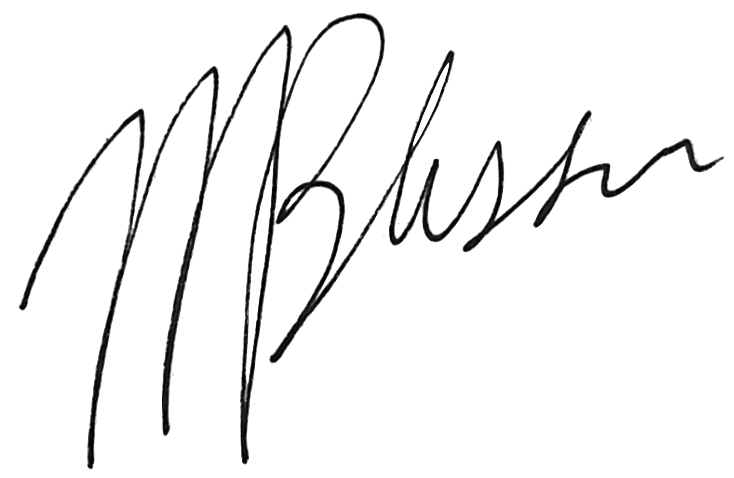 Michelle Blassou Michelle Blassou |
 Nick Seip, CAPM Nick Seip, CAPM |
 Jama Shelton, PhD Jama Shelton, PhD |
|
 Noelle Fries, MPH Noelle Fries, MPH |
 Ibrahim Vicks Ibrahim Vicks |
 Twiggy Pucci Garçon Twiggy Pucci Garçon |
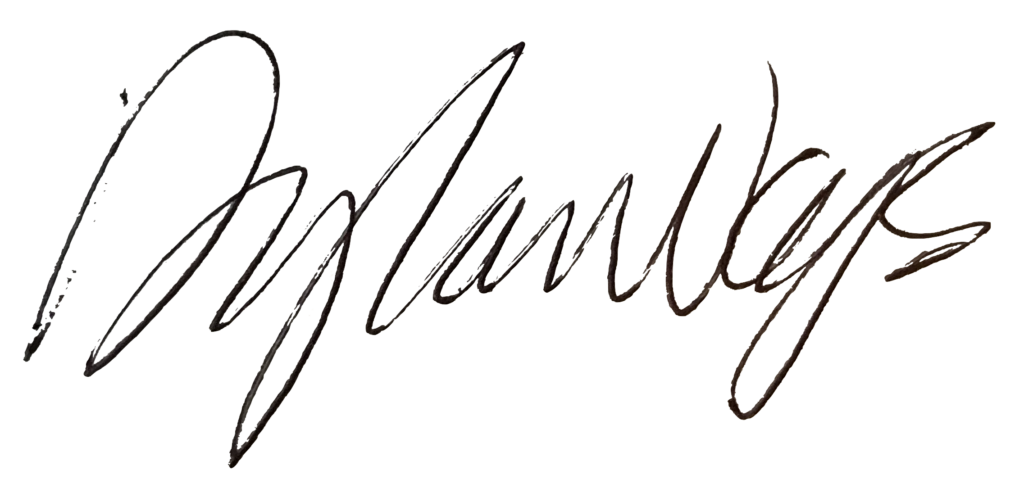 Dylan Waguespack Dylan Waguespack |
 Rivianna Hyatt Rivianna Hyatt |
 Coco Wheeler Coco Wheeler |
 Selina Lee Selina Lee |
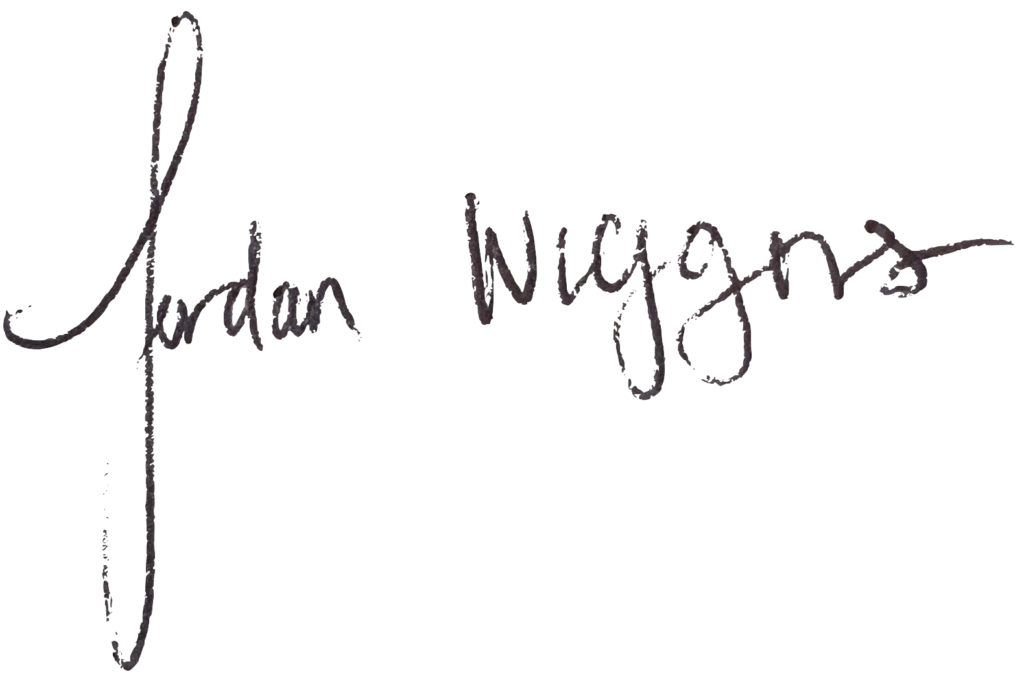 Jordan Wiggins Jordan Wiggins |
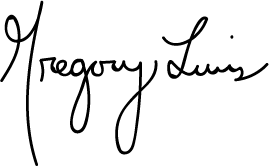 Gregory Lewis Gregory Lewis |
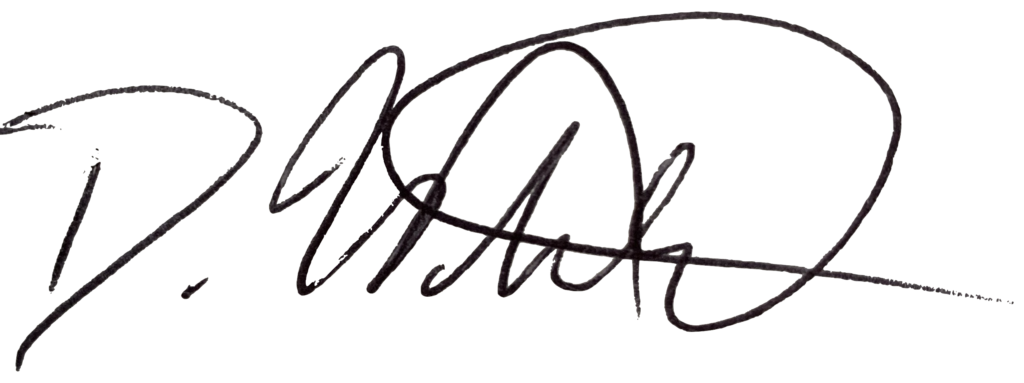 Dana White Dana White |
 Ken Lopez Ken Lopez |
